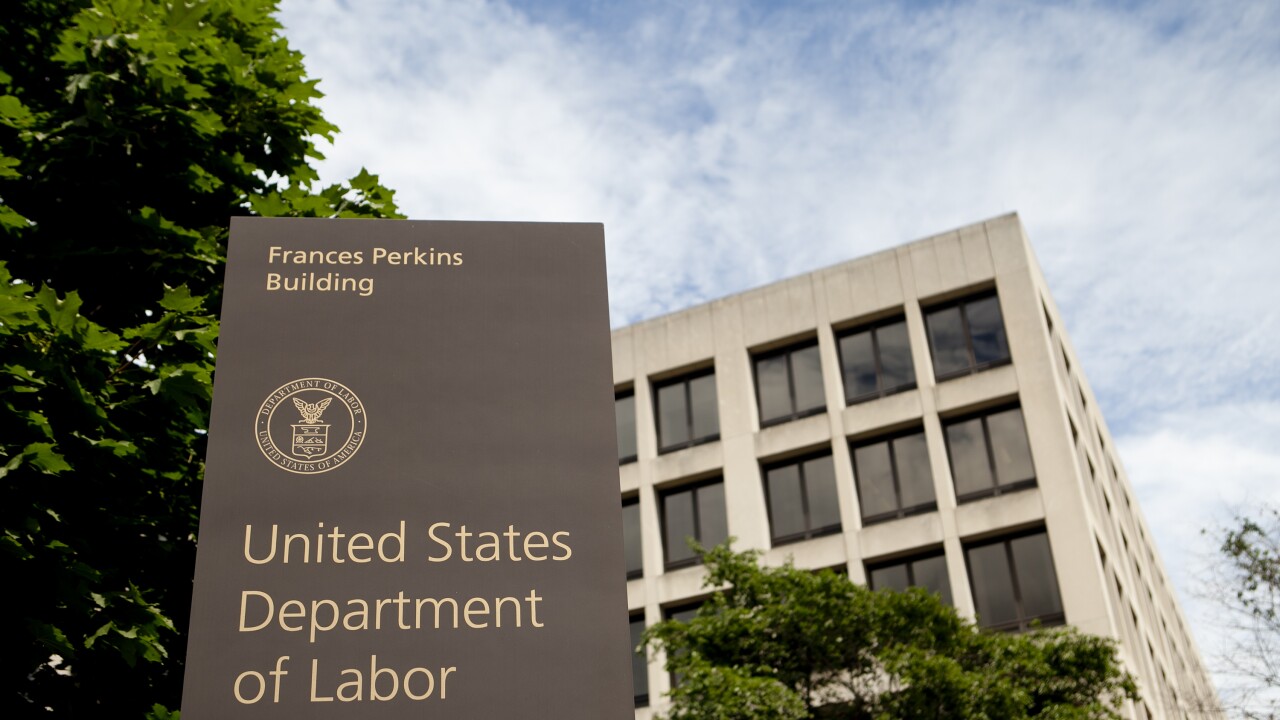The Securities and Exchange Commission has issued an
The Dodd-Frank Wall Street Reform and Consumer Protection Act of 2010 included a section offering incentives and protections to individuals who report possible violations of the federal securities laws, including protections against employer retaliation. The SEC issued rules in 2011 spelling out how the whistleblower protections would work, but there was some ambiguity when the SEC specified how whistleblowers should report a tip to the SEC in order to qualify for a whistleblower award, and those who would be protected from employer retaliation.
In particular, questions arose over whether an employee who first reported the matter internally to their employer, such as a compliance department, would be protected from retaliation from that same employer, or only those who reported directly to the SEC.
“Our interpretation best comports with our overall goals in implementing the whistleblower program,” said the SEC in the rule it issued last week. “Specifically, by providing employment retaliation protections for individuals who report internally first to a supervisor, compliance official, or other person working for the company that has authority to investigate, discover, or terminate misconduct, our interpretive rule avoids a two-tiered structure of employment retaliation protection that might discourage some individuals from first reporting internally in appropriate circumstances and, thus, jeopardize the investor-protection and law-enforcement benefits that can result from internal reporting. Under our interpretation, an individual who reports internally and suffers employment retaliation will be no less protected than an individual who comes immediately to the Commission. Providing equivalent employment retaliation protection for both situations removes a potentially serious disincentive to internal reporting by employees in appropriate circumstances. A contrary interpretation would undermine the other incentives that were put in place through the Commission’s whistleblower rules in order to encourage internal reporting.”
The Government Accountability Project, a whistleblower protection advocacy organization, and Labaton Sucharow LLP, a law firm that specializes in securities class-action lawsuits, wrote a
They pointed out that the new rule clarifies that any disclosure protected by the Sarbanes Oxley Act is shielded from retaliation under its Whistleblower Program. In effect, according to them, protection extends to disclosures within a corporation, to other law enforcement audiences, or to the public. Protection also extends to any violation of federal law, not just those enforced by the SEC. However, they cautioned that the SEC should take additional measures to address the remaining vulnerabilities they identified in a petition last summer to the SEC.
“Our July 2014 petition emphasized that new and creative forms of corporate prior restraint are preventing disclosures from happening at all, making academic the issue of subsequent retaliation,” wrote GAP legal director Tom Devine and Labaton Sucharow partner Jordan Thomas. “Merely presenting employees with nondisclosure agreements creates a chilling effect, and there are no rights for refusing to agree—only for violating one with protected speech. Further, corporations regularly file breach of contract lawsuits, theft of corporate records actions, and other litigation attacks outside the employment context. Realistically, to prevent a chilling effect on the flow of evidence necessary for SEC oversight, it is necessary to go beyond interpretations that restrict harassment of incumbent employees.”





